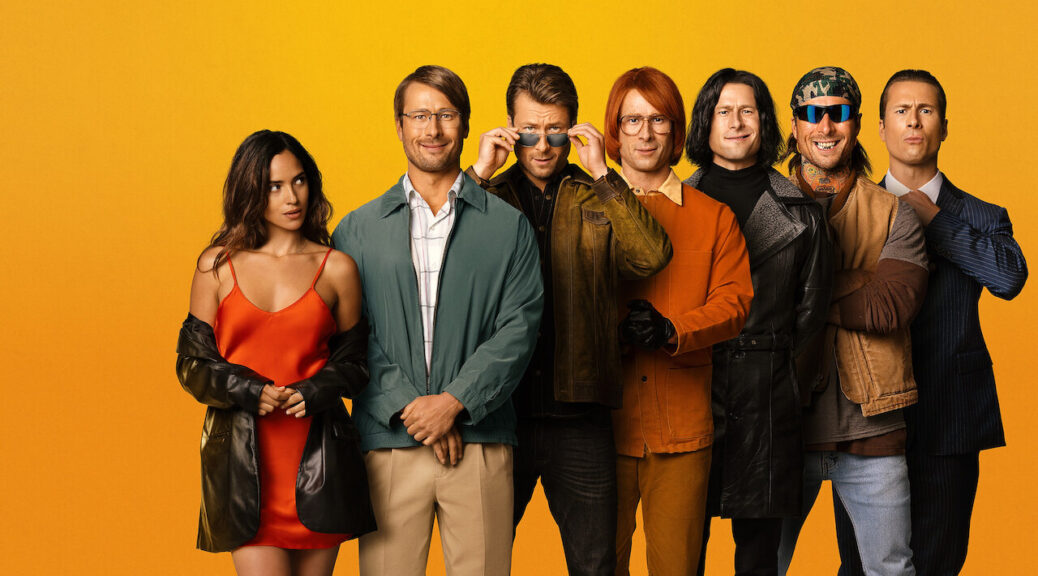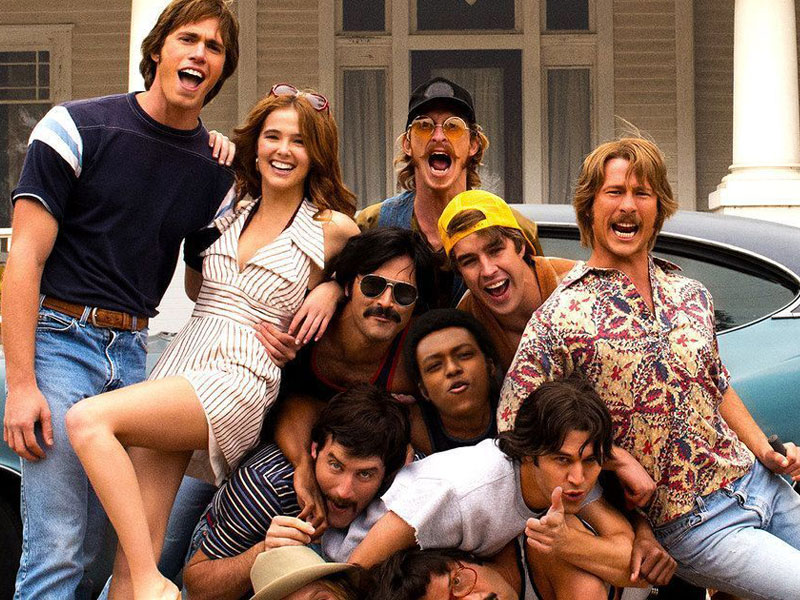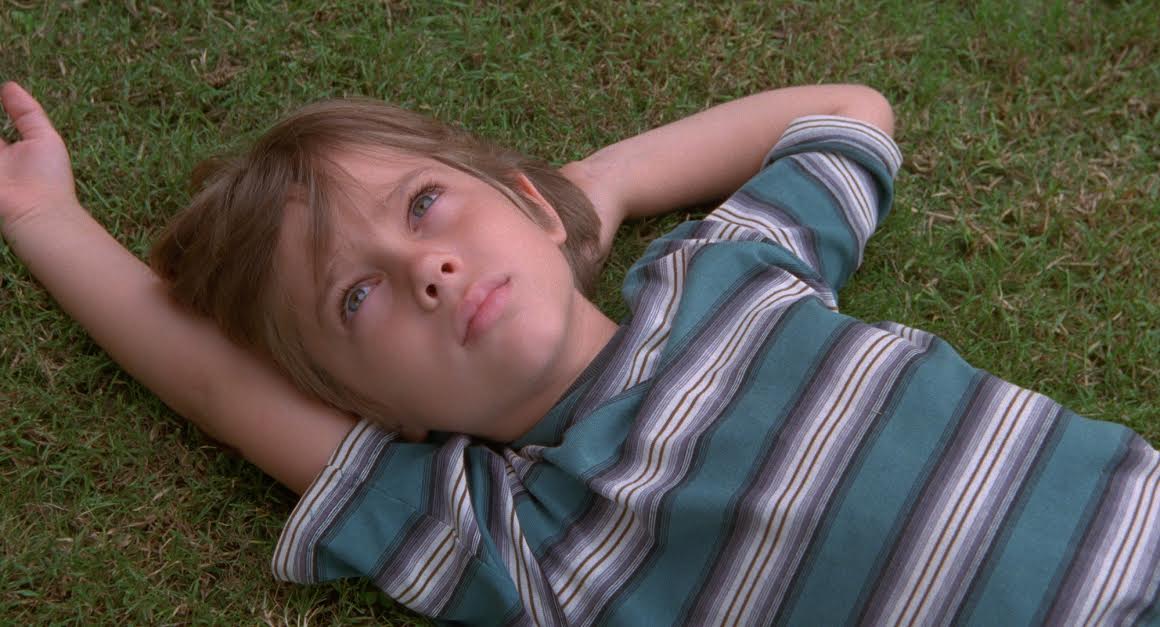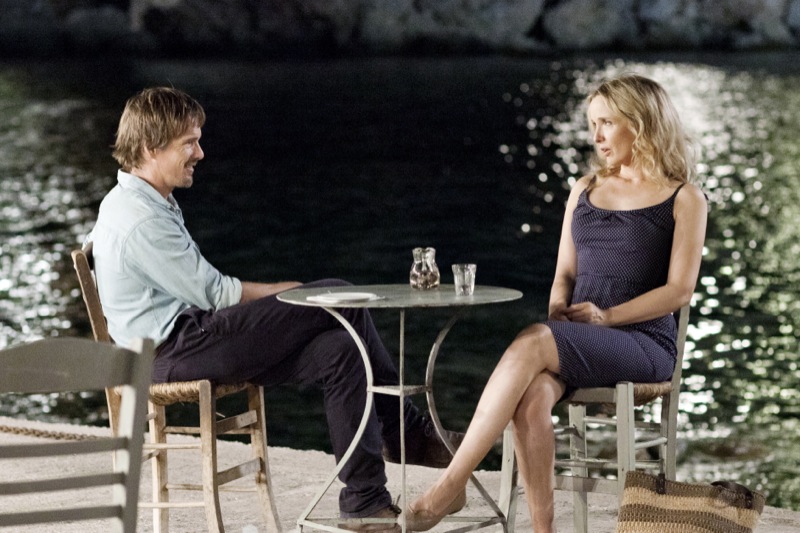Hit Man
by George Wolf
What better way to have some breezy fun with our identity-challenged times than by embellishing the true-life story of one Gary Johnson?
Johnson was a phony hitman in Texas who would don different disguises working undercover work for the police. After a 2001 article in Texas Monthly profiled his adventures, various screenwriters toyed with the project. And though Johnson died in 2022, he can sleep well knowing Richard Linklater and Glen Powell’s Hit Man finally does him proud.
In the Linklater/Powell take, Johnson (Powell) is a mild-mannered psych professor at a New Orleans college who likes birding and jean shorts. A proficiency for tech gadgets lands him a moonlighting gig doing surveillance with the cops. But when their undercover man gets suspended for shady activities, Gary emerges from the van as “Ron,” fake hitman for hire.
Turns out, Gary has a knack for this new identity, and impresses his team with some suave method acting.
“Okay, Daniel Day!”
He also impresses Maddy (Adria Arjona from Morbius) who wants her abusive husband dead. “Ron” talks her out of the hit, they begin a steamy affair, then the husband turns up dead anyway.
And so the heat (the Body Heat?) is on.
Powell is all charm and charisma as he bounces from one persona to the next (the Patrick Bateman impression is particularly hilarious), Arjona is a captivating possible femme fatale, and the chemistry between them is undeniable.
Linklater’s direction is slick and well-paced, with a vibe that recalls a winning mix of Fletch whodunnit, Spy humor and Ocean’s 11 sex appeal. But Hitman still feels very much in-the-moment, with a repeated focus on how our point of view can shape our reality, and how our path to change starts by being honest with ourselves.
That’s right, Powell and Linklater find room for a serious message in Hit Man. But don’t worry, you’ll be having so much fun it won’t hurt a bit.







